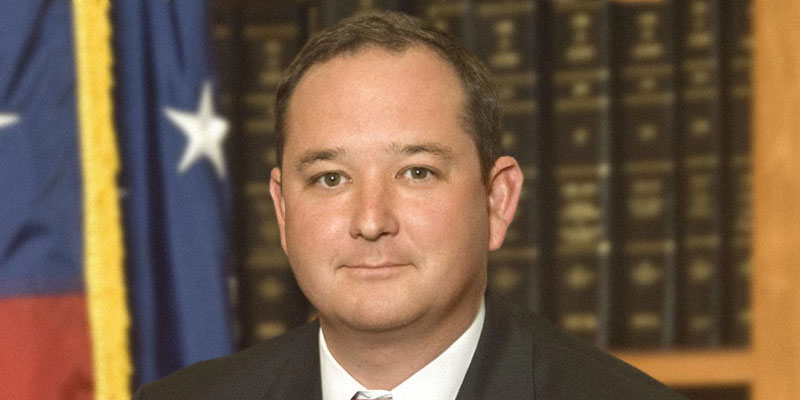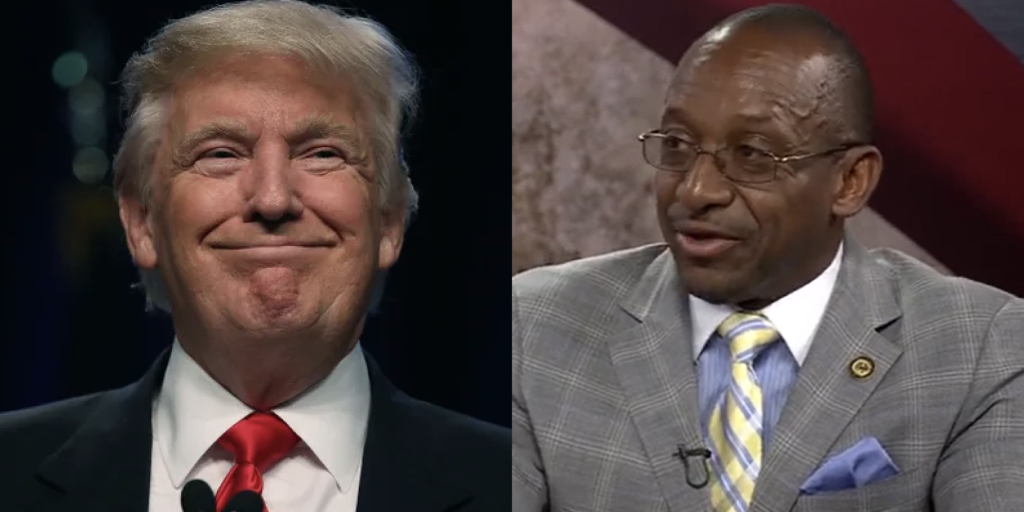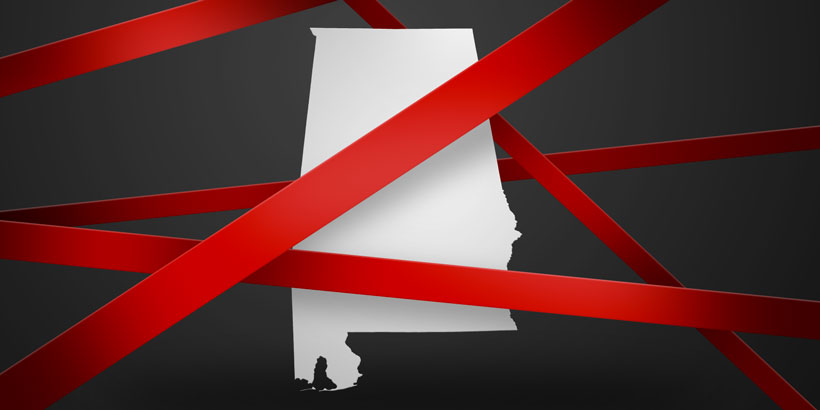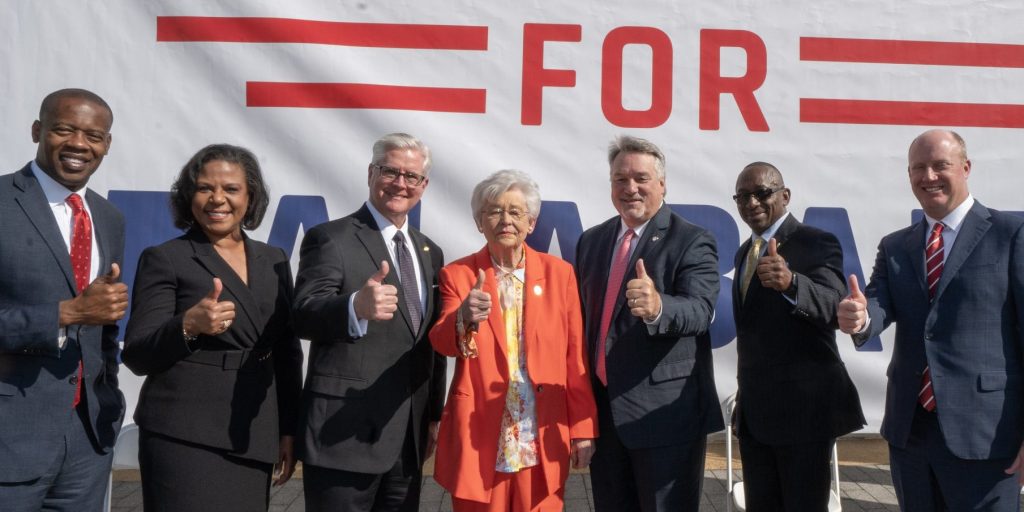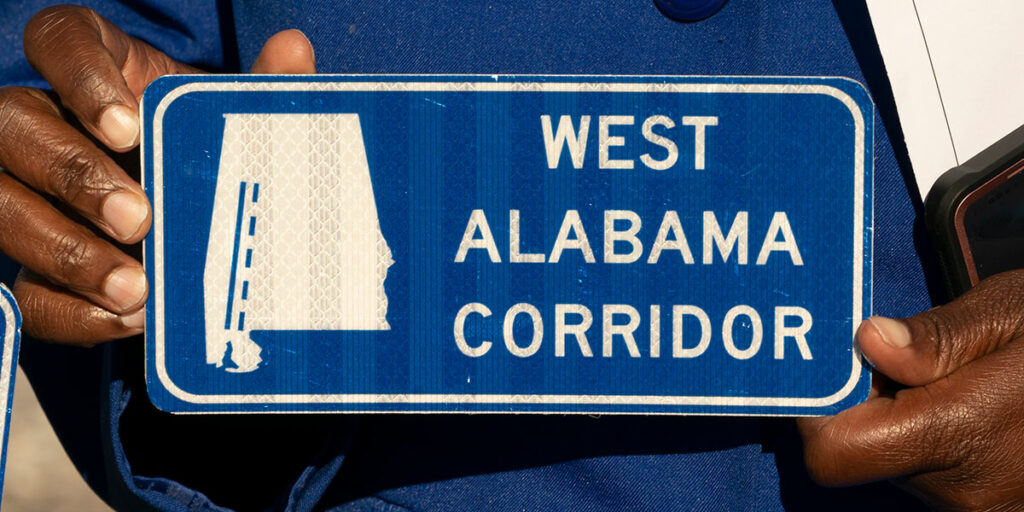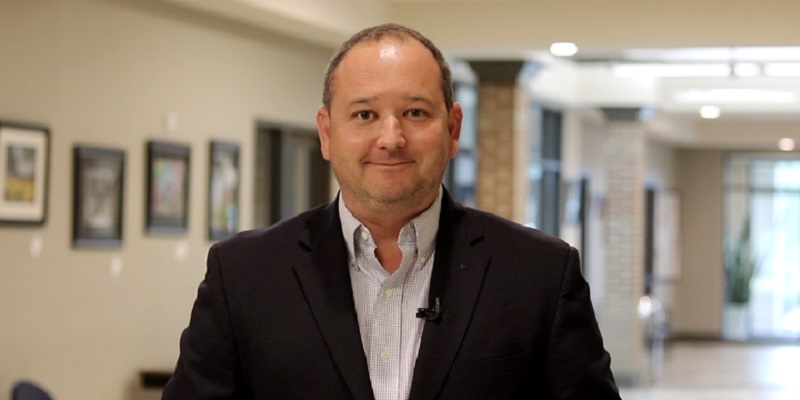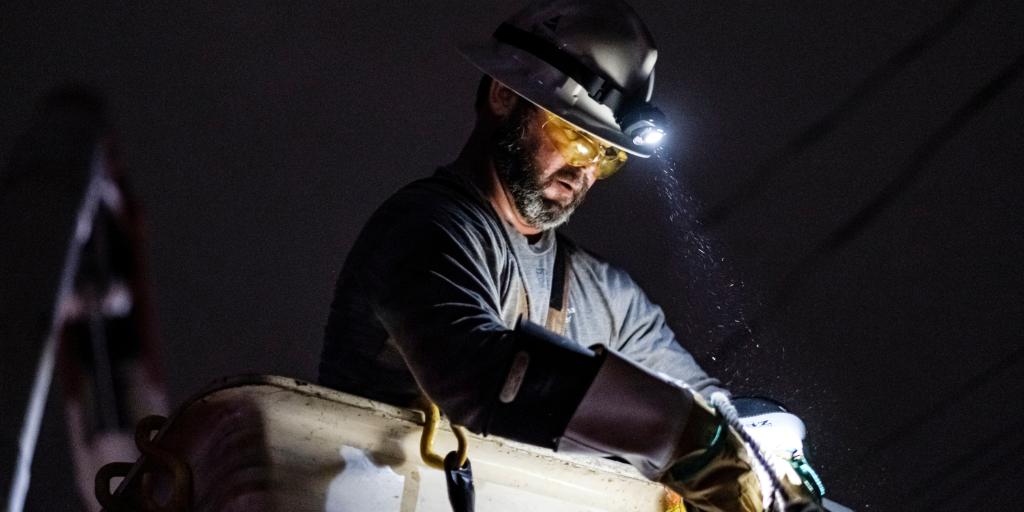All three of the locations named in Gov. Kay Ivey’s prison proposal in Bibb, Elmore and Escambia Counties have raised some local residents’ level of concern as some have said they were blindsided by the announcement.
While there are existing facilities in Bibb, Elmore and Escambia Counties, none of the proposed new facilities, which would be privately owned and leased by the State of Alabama for prisons to be operated by the Alabama Department of Corrections (ADOC), are adjacent to existing ADOC infrastructure.
The reason according to State Sen. Chris Elliott (R-Daphne) is the private entities named by the Ivey administration to build the new facilities, Alabama Prison Transformation Partners and CoreCivic, can legally build on state-owned land, which has presented challenges.
“I suspect the initial answer as to why we’re not building on state property is the nature of the administration’s funding scheme, and that is the private companies are going to own this facility,” he explained during an interview with Mobile radio FM Talk 106.5’s “The Jeff Poor Show.’ “That means you can’t build it on state land. Right out of the gate, even if the state has land on existing prison facilities or near existing prison facilities, the state can’t simply give that to a private entity and build on. That’s not allowed. The scheme that is set up now to lease these prisons, for the state to lease these prisons, precludes building on state land. That means you’ve got to go out and buy additional land, and finding a track of that size in a lot of these areas close by has really proven difficult, and again negates new infrastructure, not just roads — sewer, water, power — everything that it takes to essentially build a small town, you know, when we start talking about the size of these facilities, you’ve got to start over. And that’s all being driven by the administration’s choice to go down this particular delivery method of these leasebacks instead of owning them and doing them ourselves.”
Elliott’s colleague State Sen. Cam Ward (R-Alabaster) has previously expressed skepticism whether there was much the legislature could do given the timing of Ivey’s efforts. Elliott acknowledged that difficulty but said Ivey proceeding would have consequences.
“I think Senator Ward is likely right,” Elliott said. “But that is probably because of the timing here. The Governor has indicated they’re going to sign these deals and break ground prior to the legislature coming back into session in February. Well, if that’s the case, then the horse is out of the gate, and I don’t know that you can undo that, even with consensus among legislators. Now, if the Governor slows up a little bit — even just a few months — I think there is an opportunity to compare and contrast the delivery methods being offered here with some state funding as opposed to this long-term leaseback, this 30-plus year leaseback. And we talk about the devil being in the details — we haven’t seen the details of this contract, what it really looks like. There could be significant pushback on that. The problem is the administration seems to not be willing to release the details of the contract until — ready for this — after it is signed. That’s going to be interesting to see what we’ve gotten ourselves into with the administration signing the contract the legislature is going to be on the hook for without ever seeing the details of it. And if all of that happens like that, the legislature is not going to have an opportunity. The Governor is going to have beaten us to it, if you will, and probably done so at a significant cost to the taxpayers.”
@Jeff_Poor is a graduate of Auburn University and the University of South Alabama, the editor of Breitbart TV, a columnist for Mobile’s Lagniappe Weekly, and host of Mobile’s “The Jeff Poor Show” from 9 a.m.-12 p.m. on FM Talk 106.5.




